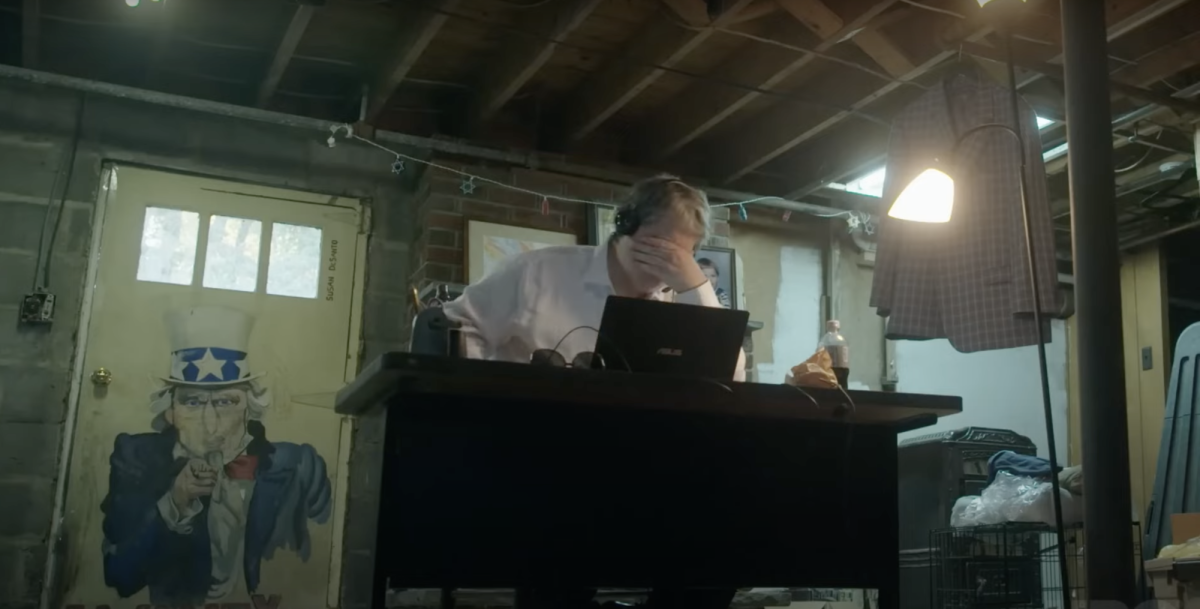Editor’s note: This piece contains spoilers
HBO’s latest docuseries “Telemarketers” offers viewers everything from ex-convict telemarketers shooting up heroin in a warehouse office to a confrontational interaction with a circus promoter. The series takes audiences on an absurd journey, showing both the sickening and heartwarming sides of humanity.
In the series, filmmaker and former telemarketer Sam Lipman-Stern sets out to uncover and expose the company he worked for, Civic Development Group, also known as CDG. With the help of Lipman-Stern’s unlikely best friend and former co-worker Pat Pespas, decades his senior, the two embark on a Michael Moore-esque journey, attempting to piece together the rise and fall of an intricate, cold-hearted scam operation.
With footage ranging from the early 2010s up to 2020, viewers are let into the secret, unknown world of telemarketing at the industry’s peak. In the early footage from the duo’s time working at CDG as callers, we see an office in a state of absolute chaos as the ex-convict and drug-addicted employees of the call center embrace the frivolous nature of their workplace.
While most people have been on the receiving end of a telemarketing call at some point, the series provides a fascinating look into the craft and hustle of the callers at the other end of the line. The way the telemarketers desperately manipulate potential donors, grasping at straws to appeal to their emotions, demonstrates the unlikely drive and vigor with which these minimum wage employees approached their work.
For instance, at one point, Pespas calls an elderly woman and asks how she’s doing. The woman tells him she’s five months away from death, and Pespas responds, “You sound young, though!” Witnessing these real interactions evokes a disconcerting mix of both repulsion and captivation.
Over the course of three episodes, Lipman-Stern and Pespas travel across the country, tracking down and confronting anyone with any connection to CDG, as well as the so-called charitable organizations like the Fraternal Order of Police, who worked in conjunction with the “fundraising” business.
While their investigations are largely futile, “Telemarketers” succeeds in its portrayal of the resilience of the human spirit and persistence of friendship. The convoluted intricacies and conspiracies of CDG and the FOP ultimately serve as a backdrop to an unexpectedly heartwarming tale of redemption. Pespas overcomes a long-time heroin addiction to return to the documentary after reconnecting with Lipman-Stern, following nearly a decade of estrangement.















